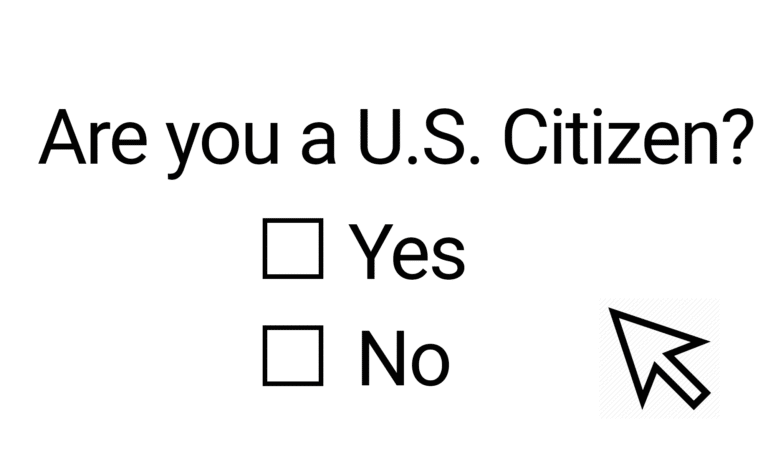Abuse leaves scars that aren’t always visible. The emotional damage—anxiety, depression, anger, shame—can linger long after the physical threats are gone. Ignoring these wounds doesn’t make them disappear; it lets them fester. The sooner you take action, the easier it is to rebuild.
This guide breaks down the types of professionals who can help, the therapy styles proven to work for male survivors, and why waiting only makes recovery harder.

Types of Professionals Who Can Help
Not all help looks the same. Different experts offer different kinds of support:
1. Therapists (Licensed Counselors, LPCs, LMHCs)
- What They Do: Provide talk therapy to process trauma, reduce anxiety, and rebuild self-worth.
- Best For: Men who need a safe space to unpack emotions without judgment.
- How to Find One: Search for therapists specializing in male trauma or domestic violence.
2. Psychologists (PhDs, PsyDs)
- What They Do: Offer deeper psychological assessment and evidence-based therapies (CBT, EMDR).
- Best For: Men struggling with PTSD, severe depression, or complex trauma.
- Key Benefit: Can diagnose mental health conditions if needed.
3. Psychiatrists (MDs)
- What They Do: Prescribe medication (antidepressants, anti-anxiety meds) when therapy alone isn’t enough.
- Best For: Men with intense mood swings, insomnia, or panic attacks.
- Important Note: Usually works alongside a therapist (they handle meds; therapy handles coping skills).
4. Social Workers (LCSWs)
- What They Do: Connect you with resources (shelters, legal aid, support groups).
- Best For: Men who need practical help (housing, finances) along with emotional support.
5. Religious/Spiritual Counselors
- What They Do: Provide guidance through faith-based coping methods.
- Best For: Men who draw strength from spirituality but…
- Caution: Ensure they don’t dismiss abuse as a “test of faith.”
6. Peer Support Groups
- What They Do: Group discussions with other male survivors.
- Best For: Men who feel isolated and need to hear, “I get it.”
- Where to Find: 1in6.org, Mankind Initiative.
Therapy Styles That Work for Male Survivors
Different therapies target different wounds. Here are the most effective approaches:
1. Cognitive Behavioral Therapy (CBT)
- What It Does: Identifies and changes negative thought patterns (“I deserved it” → “No one deserves abuse”).
- Best For: Anxiety, shame, and self-blame.
- Male-Friendly Angle: Structured, solution-focused (appeals to logical thinkers).
2. EMDR (Eye Movement Desensitization and Reprocessing)
- What It Does: Helps reprocess traumatic memories so they lose their emotional charge.
- Best For: PTSD, flashbacks, and hypervigilance.
- Why It Works: Doesn’t require talking in detail about the abuse.
3. Trauma-Focused Therapy
- What It Does: Addresses how abuse impacts identity, trust, and relationships.
- Best For: Men who feel “broken” or struggle with intimacy.
4. Somatic Therapy
- What It Does: Focuses on releasing trauma stored in the body (chronic tension, panic attacks).
- Best For: Men who feel disconnected from their emotions or stuck in “fight or flight.”
5. Group Therapy
- What It Does: Builds community and reduces isolation.
- Best For: Men who need to see they’re not alone.
- Key Benefit: Hearing others’ stories helps normalize your own.
Why Waiting Makes Everything Worse
The longer you delay addressing abuse’s aftermath, the harder it becomes to heal. Here’s why:
- Trauma Deepens: Unprocessed pain leads to worse mental health (depression, substance abuse).
- Relationships Suffer: Untreated trust issues sabotage future connections.
- Physical Health Declines: Chronic stress weakens immunity, disrupts sleep, and increases heart disease risk.
- Identity Erodes: The longer you believe “I’m damaged,” the harder it is to rebuild self-worth.
How to Take the First Step (When It Feels Impossible)
- Start Small
- Research one therapist today (Psychology Today’s directory filters by male issues).
- Text a helpline if talking feels too hard (1in6.org has anonymous chat).
- Prepare for Resistance
- It’s normal to think, “Therapy won’t help.” Try 3 sessions before deciding.
- Prioritize Safety
- If still in danger, contact a domestic violence organization first (they can help you plan).
Final Truth: Healing Is a Rebellion
Abuse tries to convince you that you’re powerless. Seeking help is the ultimate act of defiance—proof that you’re taking your life back.
Where to Start:
- U.S.: National Domestic Violence Hotline (1-800-799-7233)
- UK: Mankind Initiative (01823 334244)
- AUS: One in Three
The pain you feel now isn’t a life sentence. It’s a wound—and wounds heal with the right treatment.



